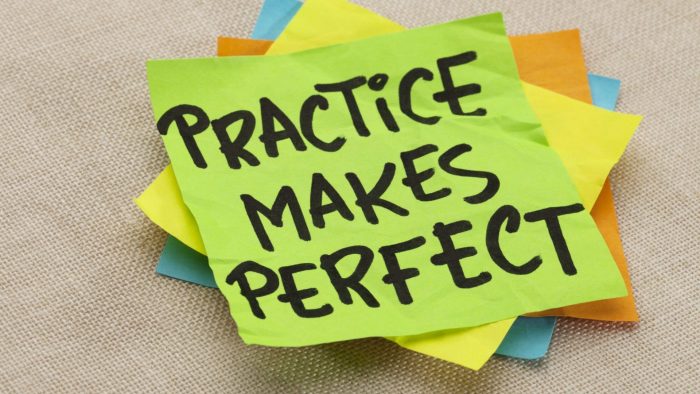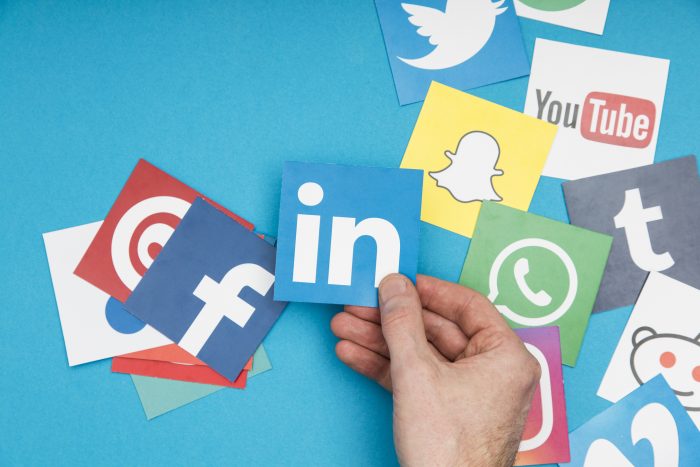
Learning, and applying new information, is often very hard. If we’re not engaged with something, we tend to forget it, and all of that information that we just KNEW seemingly evaporates, which can make things harder on us as we try to learn.
Think about it: If you don’t feel like the information matters, or if you’re not using that information actively, then you tend to forget about it. This is why you don’t remember what you had for breakfast 5 years ago today, but you remember things you learned in school a lot easier. Learning and applying that knowledge is very important.
Now there are dozens of different ways that you can learn a new skill. Enough ways to fill an entire book. However, let’s take a q quick look at two such ways real quick that you can use right now.
30 Minutes Learning / 30 Minutes Practicing

30 Minutes of learning and practice is an hour of time you can devote fully in one day, and it’s massively helpful. Honestly, there’s really no comparison to any other way to improve your skillset, because it’s such a powerful tool in your arsenal of learning that it’s often suggested by many professionals to learn this way.
Why Learning and Practicing new Skills?
First off, the 30 minute time mark is perfect for keeping your attention. A lot of people in today’s generation don’t have the sort of attention span that a lot of people in older generations have. Unlike then where everything – including education and entertainment – was slower to get and took more time to get out of, we live in an era of instant gratification where we can access the internet and get anything that we want within minutes. Heck, we can get a pizza in 20 minutes if we really wanted to, so that translates us into being progressively more bored if we don’t get the stimulation we need. Full list of skills to learn online read at IMHO Reviews.
So 30 minutes is easily a doable time frame while still being able to focus on learning and practicing new skills: Plus, not only that, but by switching to one or the other the information is still “Fresh” in our minds, and the more we take what we’ve learned and actually applied it, the better chance we have of it sticking in our long term memories. Which is something that we really need when it comes to learning… well… anything really.
The third best reason why this method if the improvement is handy is because it’s a lot easier to take breaks with as well. 30 minutes of learning, 30 minutes of practice and application, 30 minutes of learning more, 30 more minutes of practice and a 15-minute break have been shown to be the equivalent of spending an entire day in school. Frequent breaks every hour, to 2 hours, helps to settle and focus your mind and keep the information fresh.
And then there’s the other way.
1 Hour of Social Media

When it comes to learning a new skill, there really isn’t much of a comparison when it comes to actually learn, and then practicing, vs. being an hour on Social Media.
How Social Media Can Bring You Down?
Well, the simple fact of the matter is, when you’re on social media you really have a lot of distractions. Social Media isn’t exactly a tool that’s useful for learning: It’s a tool for staying connected to other people and seeing what they’re doing. Not only that, but each Social media platform is designed to be different, and functions in a different way for you, along with the audience that it curates.
For instance, Facebook is a Social Media platform that connects to family members, and to see what they’re generally doing as well as to connect with friends and social events. Twitter is useful for connecting with other people dependent on your hobbies or niche interests (such as music, art, books, movies, and more), and Tumblr is useful for connecting with other people to reblog journal posts and other interesting factual information.
Can you learn a new skill on any of these platforms? Certainly, but they’re not really designed FOR that. Not only that, but they’re also massively different from one another so having any form of concrete ability to learn a skill or practice is extremely hard through them.
Honestly, they serve as mostly a distraction. You can have fun on them but you’re not really going to learn anything useful while on them unless you’re really willing to work and put in the time to make it your own: A skill in and of itself that takes practice and effort to do.

So what’s the point of Social Media in this context then it’s nothing like Learning and Practicing? The point with it is that you can connect with other people who are learning the same skill as you, or for tracking your progress for other people. Believe it or not, learning and improving aren’t solo endeavors: Having a support network that backs you up and helps you is vital to improvement because it gives you a way to showcase to other people your discipline.
Not only do people generally root for self-improvement as well, but they might even offer advice, time, and information that you could also use. Building a support network that you’re beholden too will make you WANT to improve, and serves as a huge motivational tool that 30 mins learning and 30 mins practicing just can’t give you.
There you have it. Two such ways to learn, and apply your knowledge and skills that are completely vastly different from one another. So, which one should you go with? Honestly, they’re so dissimilar that you’re actually better off using both of them in conjunction with one another. The on again/ off again learning approach is great for picking up information and applying it, while the Social Media approach can be useful as a distraction during break time to cool your brain a little bit and let the information congeal, while also connecting with others who are in a similar situation and learning to bounce information off of one another.
All in all though your learning and education do come down to you and how you choose to apply that knowledge.








